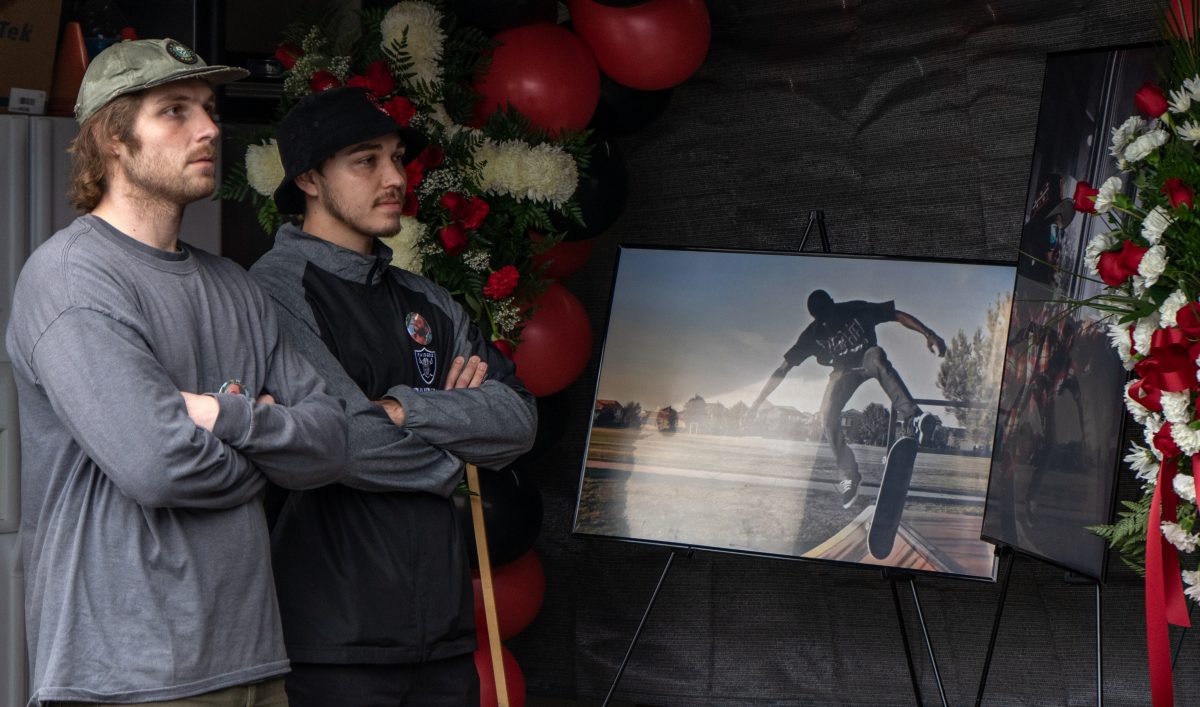The Sacramento Taking Action Against Nicotine Dependence is looking for student researchers and volunteers to help other students quit their smoking addiction when it comes to City College this fall. Training for student researchers will take place at City College Sept. 26.
STAND, a nonprofit partnership group between UC Davis Medical Center and Breathe California, is based on a peer-to-peer research project involving college students introducing information to smokers on campus on how they may be able to quit their smoking habit.
“There are three arms in the study,” said Elisa Tong, the lead researcher for STAND who works in internal medicine at UC Davis. “One is to refer people to student health, which is what most folks can do for tobacco sensation, and the street team folks learn about how to do brain motivational interviewing, which is a skill about how to encourage someone to do behavior change. Finally the street team folks learn about the free California’s Smokers Helpline at the University of California, San Diego, which has been around for 20 years and has doubled the chance of quitting.”
If you are a smoker or not, STAND is currently looking for students to help participate in its research study, who will receive different incentives for their work.
For volunteer smokers, they have the chance to receive a total of $50 for their participation, while student researchers can receive internship and community service credits, gift cards to different shopping outlets, and can use the experience they learned as a researcher for their résumé.
“Students will be recognized in all formal and informal publications as a student researcher,’ said Carol Maytem, STAND’s program manager. “They will receive national certification as a social and behavioral researcher, and we’ll give them a letter of recommendation based on their level of involvement. This sets them aside from others by having this kind of involvement on your résumé. You don’t have to be going into research to make it look positive.”
Volunteer smokers who agree to participate in the study will be contacted after a month to complete an online survey to see where their addiction is currently at, whether it has increased or decreased since their last visit with a STAND student researcher or not, and would then receive $10.
After an accumulative 90 days, the volunteer would receive another online survey to complete and receive $15 from STAND representatives.
After a total of six months, the smoker would complete their third and final survey, as well as swab their mouth with a cotton swab and send it back to the STAND representatives so they might be able to examine their level of nicotine for their final $25.
According to Maytem, “smoking is a really powerful addiction,” and the idea of STAND is to meet volunteer smokers where they are in their level of addiction after asking a series of questions.
“We’ll try and take them to the next step that is appropriate for them,” said Maytem.
The program itself would involve a minimum of 15 student researchers, and at least 200 volunteer smokers to participate in this research project. The researchers will help with participant screening, give surveys to smokers to find out their level of addiction to nicotine, and find what method of nicotine they use; whether it be cigarettes, the electronic cigarette or raw chewing tobacco.
After smokers have found their current level addiction, they will then either be referred to the City College health center, be enrolled in the Smokers Helpline, or engage in further discussion to find an appropriate step that works for the smoker.
“This technique, called motivational interviewing, is not to force people to stop smoking at all, not to set the goal of to stop smoking,” said Maytem. “They would be setting a plan of action that is really related to where that person is at. Not to say, ok stop smoking, here’s some tips: ‘don’t do this, don’t do that.’ That’s not what they’re doing.”
Representative of STAND will coordinate a date and time that fits with the student researchers schedule of classes, as well as their participation on campus.
“I think this is a groundbreaking collaboration,” said Tong, “and also the fact that we’re trying to engage at the community college level, I don’t think there’s been a project like this one, so we hope this fall will be the start of the great collaboration that can benefit the students.”





























